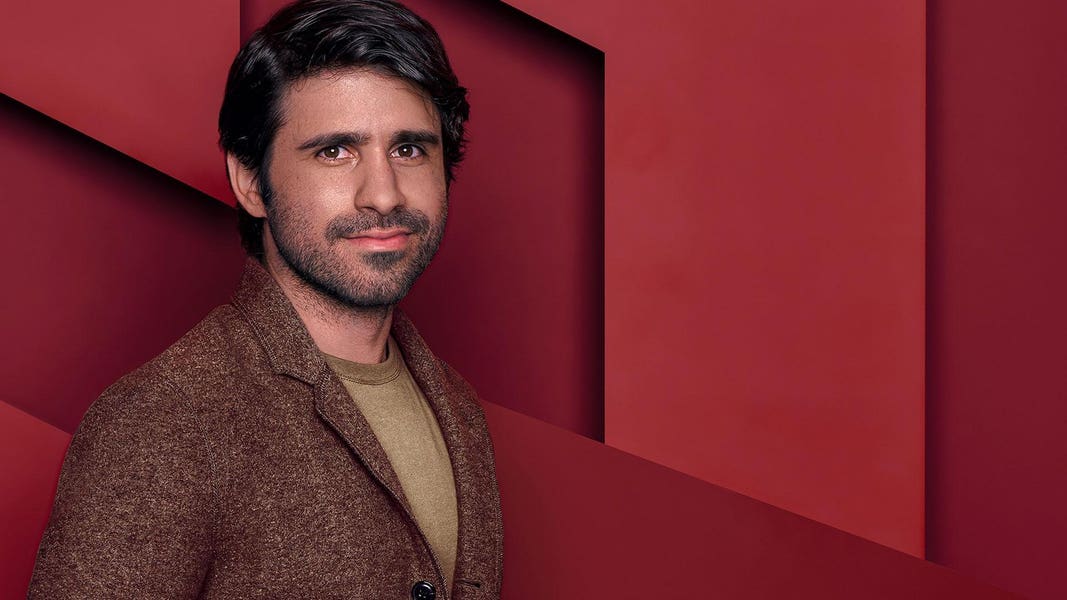The 2024 cohort of the Under 30 includes a significant presence of Generative AI, but entrepreneurs are diversifying the landscape of their generation’s work culture.
George Sivulka, aged 25, made a bold decision to leave a fully-funded engineering Ph.D. program at Stanford to establish his own company. His motivation stemmed from observing a concerning trend of intellectual talent being consumed by menial tasks rather than tackling challenging engineering problems. This realization led to the inception of Hebbia in 2020, a startup that aims to automate mundane tasks through the utilization of transformer technology, a concept Sivulka delved into during his time at Stanford. Noteworthy investors such as Jerry Yang and Eric Schmidt have backed Hebbia with $30 million in funding, highlighting the growing interest in AI-driven solutions post the ChatGPT revolution of 2022.
The influence of AI permeates the 2024 Forbes 30 Under 30 Enterprise Tech list, showcasing a new wave of entrepreneurs leveraging AI to enhance workplace efficiency. Twins Matthew and Michael Vega-Sanz, aged 27, lead the pack with their startup Lula, which focuses on providing flexible insurance solutions to businesses. The duo plans to integrate AI into their insurance services, reflecting the pervasive impact of AI on modern business operations.
Praty Sharma and Prasad Kawthekar, both aged 29, co-founded Dashworks, an AI work assistant startup, emphasizing the transformative potential of AI in reshaping traditional work paradigms. The narrative extends to Harrison Chase, aged 29, who established LangChain in early 2023 to facilitate the development of AI applications, garnering significant funding and industry recognition.
The entrepreneurial landscape also features Simon Suo and Jerry Liu, aged 28, who launched LlamaIndex to simplify app creation using transformer-based AI, underscoring the democratization of cutting-edge technologies. Similarly, Maxwell Nye and Kelsey Szot, aged 28, co-founded Adept, a research lab focusing on GPT-style AI models, with a vision to revolutionize data manipulation and analysis.
Winston Weinberg, aged 29, co-founder of Harvey AI, emphasizes that AI solutions are designed to augment knowledge workers’ capabilities rather than replace them, highlighting the symbiotic relationship between AI technology and human expertise. This sentiment is echoed by various founders across different sectors, showcasing a collective belief in AI’s capacity to enhance professional roles rather than render them obsolete.
Beyond the realm of AI, entrepreneurs like Rachel Lea Fishman and Josh Archer, aged 29, are addressing industry-specific challenges through software solutions, exemplifying the diverse range of innovations driving the Under 30 cohort. Volodymyr Fedoriv and Nurasyl Serik, founders of Remofirst, are pioneering remote work facilitation, enabling companies to tap into global talent pools seamlessly.
The narrative of innovation extends to Hannah Olson, aged 27, who founded Disclo, a disability-oriented HR software startup, following a personal health struggle. Her venture not only addresses workplace inclusivity but also empowers individuals to navigate professional challenges with confidence and support. Hannah’s story epitomizes the human-centric ethos driving entrepreneurial endeavors within the Under 30 cohort, reflecting a commitment to meaningful impact and societal progress.






